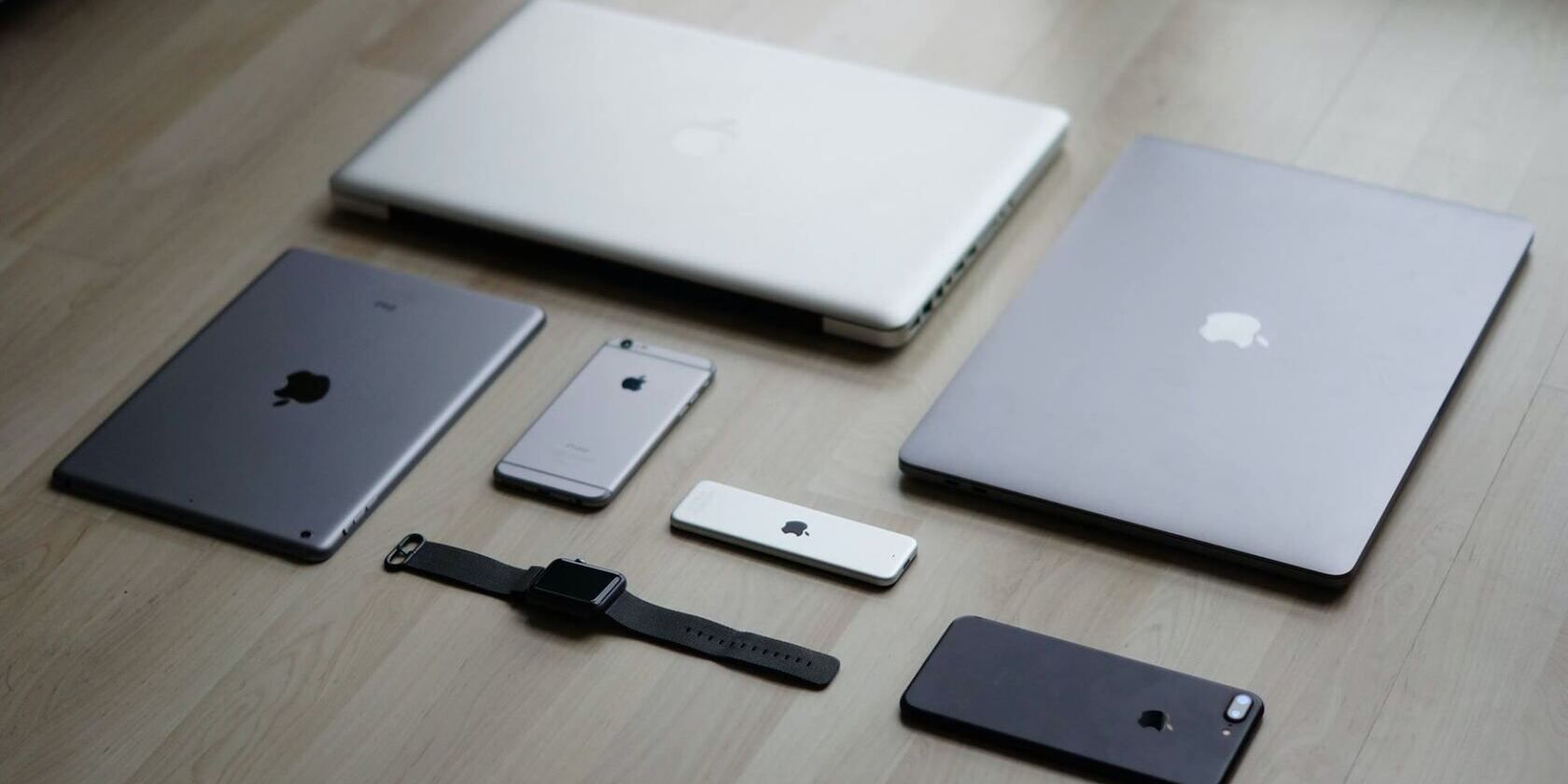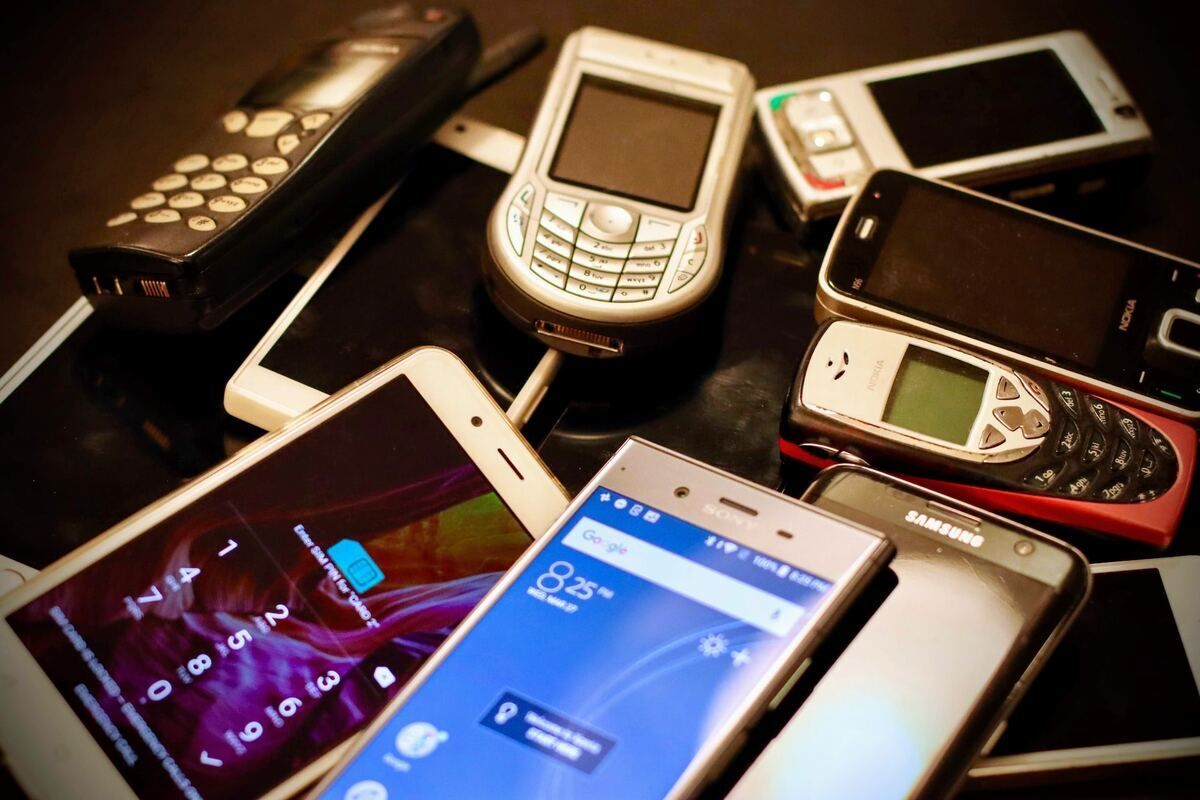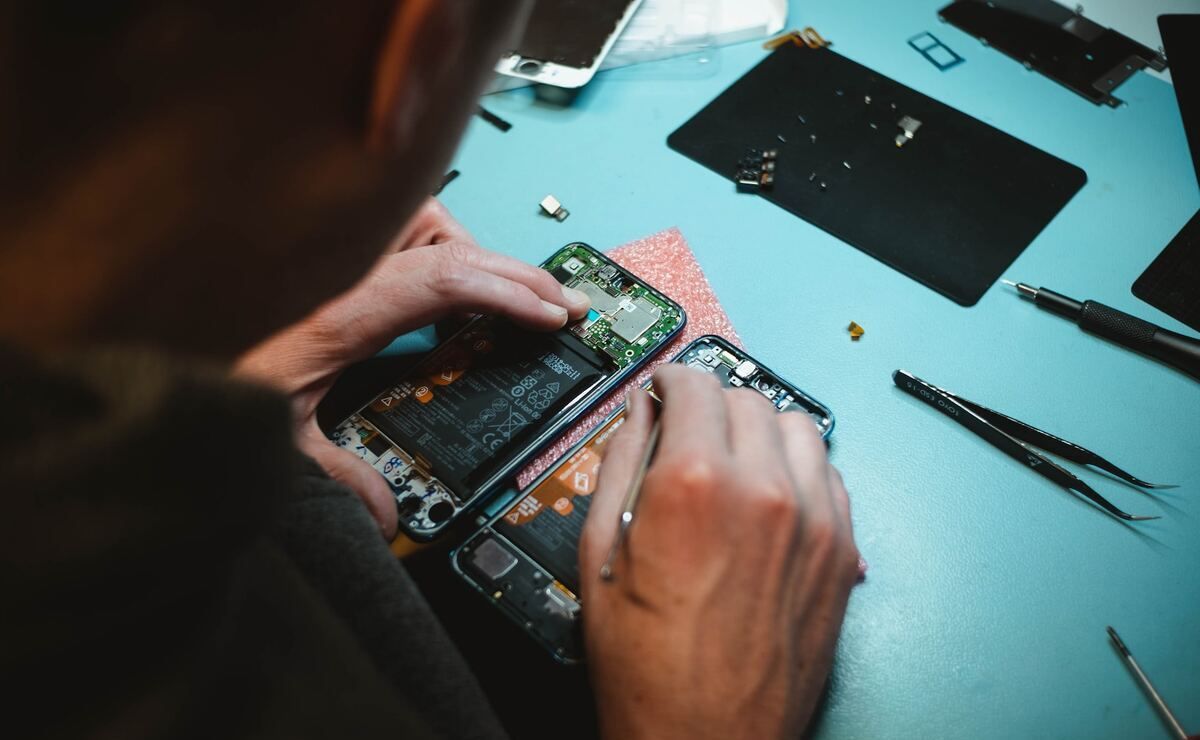Key Takeaways
- Research before buying used electronics to avoid hidden damages and potential issues. Consult experts, read reviews, and learn about common problems with the product.
- Be aware of compatibility issues with older products. Check software and hardware compatibility to ensure the used electronic will fulfill your needs.
- Be cautious of unreliable repairs and shady replacements in used goods. Familiarize yourself with commonly replaced parts and signs of poor repairs to protect yourself from scams.
Buying used electronics is a great way to save money. Used devices give you all the features you would get from a new product and sometimes prove to be a better value than buying something brand new. However, buying used electronics comes with its fair share of risks.
From hidden damages to missing components, there's a lot that can go wrong. Today, we'll walk you through a few reasons why you should always research before buying anything used. We'll also cover a few tips so you don't end up getting scammed.
1. Risk of Hidden Damage
The first thing you need to do before purchasing a used electronic is to look for hidden damages. That's only possible if you've done your homework and researched the ins and outs of the product you're looking for.
This means consulting experts, reading reviews, and going over the known faults of the item. Once you know everything there is to know about the product, you'll know what parts/problems you need to pay careful attention to.
Let's say you're buying a used iPhone, and the condition looks great in the pictures. You plan to have it shipped to your address, only to discover that it won't charge. This is a common issue with old iPhones, as many people use off-brand chargers, replace the battery, or damage the charging port.
Had you known about this common issue, you would have checked the iPhone in person or asked the seller to prove that the phone charges properly.
2. Compatibility Issues
Another concern surrounding the world of the used electronics market is compatibility. As time passes by, manufacturers stop providing software updates to older products. As such, many applications and software also drop support for them, and you are left with older hardware with little value.
Apart from software compatibility, you could also run into hardware compatibility. Let's say you want to build a PC and need to buy used parts to save money. Sure, you'll find cheap parts, but you might run into performance issues, crashes, or hardware that doesn't work. An example would be that you bought a DDR4 RAM kit, but your motherboard only supports DDR5.
The best way to avoid compatibility issues is to look into product specs and online reviews and then go over what you will use it for. Educate yourself about the product you are looking to buy, and check if it fulfills your compatibility needs. You can also use online PC hardware compatibility checkers before buying.
3. Unreliable Repairs
Shady repairs are all too common with used goods. This means a part of the product has been swapped with a cheap knock-off that may give up at any time. The only way you can protect yourself from this is by knowing what parts are likely to be replaced and how this will affect the product's usability.
Suppose you're buying a tablet whose battery has been swapped with a cheap third-party replacement. Battery life will suffer as a result, and the tablet might heat up when charging. This is a sign that your device's battery needs to be replaced with an official alternative.
To protect yourself from falling prey to these shady repairs, familiarize yourself with parts that are easily and often replaced for the device. Look for any obvious signs such as loose screws, missing manufacturer seals, and overall general condition.
Alternatively, you could also buy used electronics from reliable sellers who have ensured the device is in great working condition. If the seller is near where you live, it's best to pay them a visit in person and buy the electronic device with a proper guarantee.
4. Stolen Goods
Always look out for stolen goods. If you find a product that seems too good to be true, chances are it is. With the increasing number of car break-ins, you will likely come across one or two stolen products when buying used electronics.
Suppose you find a very tempting iPhone deal. It offers everything you want and does so at a shockingly low price. Well, there is a good chance that you're looking at a stolen iPhone, and buying it can lead you to big trouble.
You may get your iPhone confiscated or have its iCloud link blocked, and your money will be gone. Plus, if you knowingly buy a stolen item, then you'll automatically be in hot waters. Avoid deals that are too good to be true, and check the product's serial number on the manufacturer's or local government's website to verify it's not reported as stolen.
In the case of iPhones, there are several ways to check if a second-hand iPhone was stolen before buying.
5. Expired Warranty
It isn't uncommon for sellers to lie about their products. What if they promise that the item is covered by warranty, but it is not?
You find a good camera deal that is practically perfect and comes with a two-year warranty. So, you go ahead and make the purchase. A few months later, the camera starts acting up. You think it is still in warranty, so there is nothing to worry about, and you file a claim. Turns out, the warranty expired a long time ago, and you have been scammed.
Such scenarios happen quite often, but they can be easily avoided if you check the device's serial number with the manufacturer's website or customer service to see if the warranty is still active.
6. Difficult or Expensive Replacement Parts
Last but not least, you also have to factor in the maintenance of the product. If something goes wrong down the line, how easy or difficult would it be to fix it?
Figuring this out is rather simple: do a quick search on eBay or other marketplaces to determine the availability and cost of replacement parts. Similarly, you can ask around local repair shops to see if they have the parts for the device. Also, check out the manufacturer's product page to see if they still support repairs.
This is especially relevant for old phones and laptops. Broken screens can be difficult and expensive to replace, so make sure whatever you're buying is in good condition and won't cause issues down the line.
Always Do Your Homework Before Buying Used Electronics
To get a good deal with used items, you must research properly. The last thing you need to be is impatient. Take your time to research the product, its known faults, and its reparability. All of these efforts can save you from potential scams in the future.
If you're feeling really concerned about getting ripped off, consider buying refurbished electronics instead. Refurbished items come straight from the manufacturer and often include a warranty. This is much safer than buying used goods, and there are a lot more websites where you can find these refurbished items.




